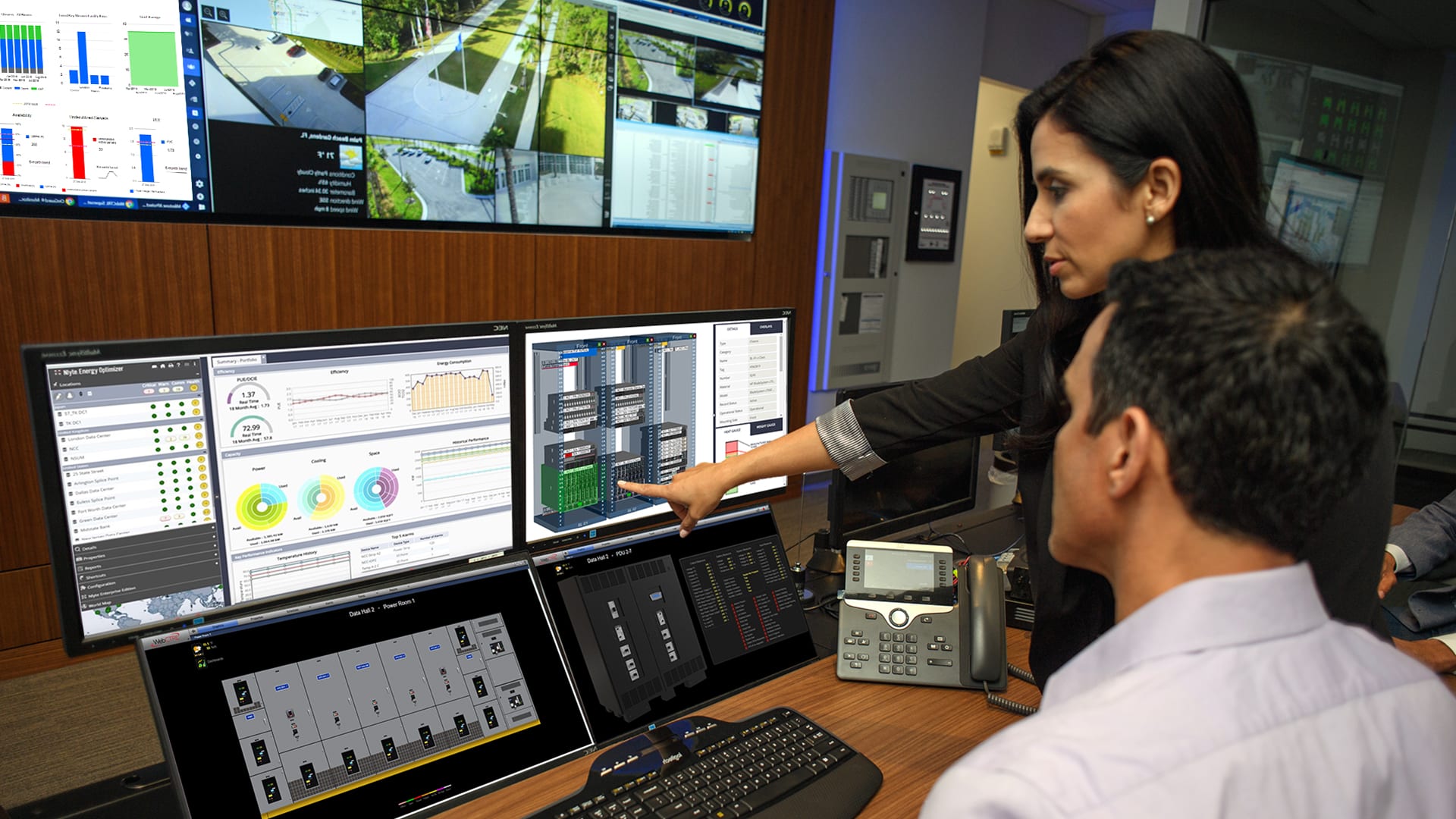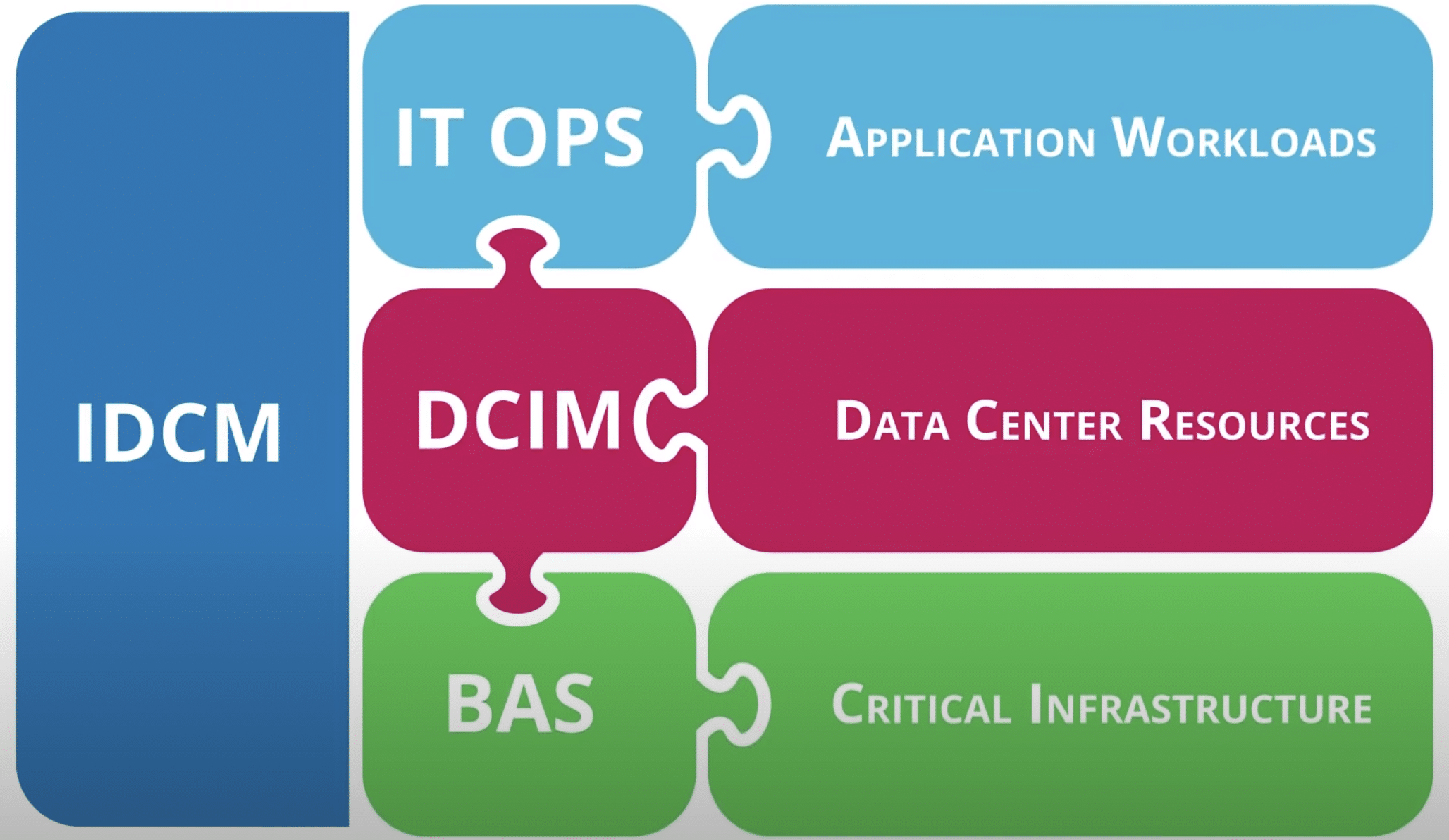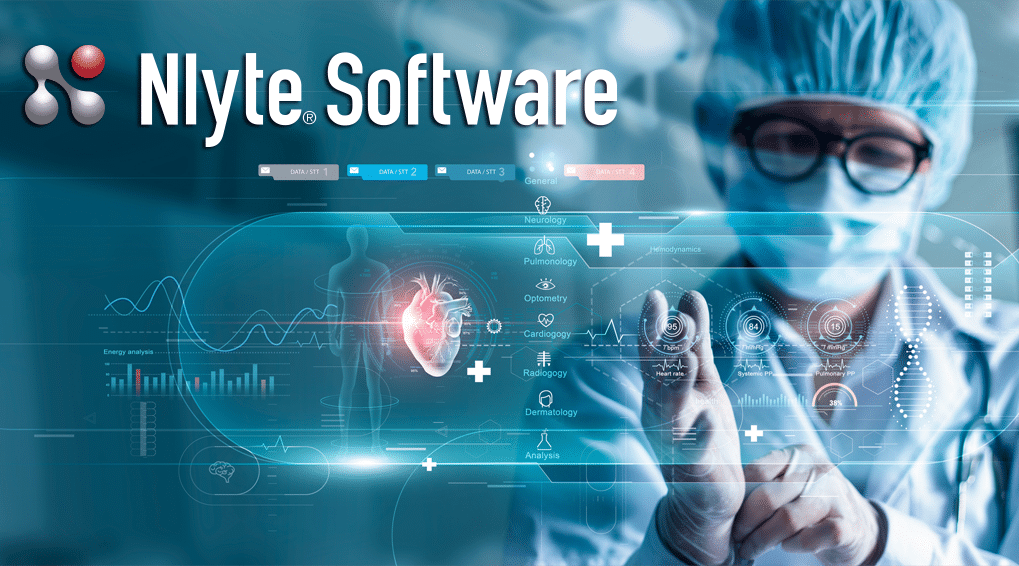
What Is a Colocation Data Center?

A colocation data center, also known as a "colo," is a facility where businesses and organizations can rent space to house their servers, networking equipment, and storage devices. A colocation data center typically provides the physical infrastructure to ensure the servers and equipment are secure, powered, and connected to high-speed networks.
Colocation data centers provide a range of services to support the IT infrastructure of businesses, including power, cooling, physical security, and connectivity. The facility typically includes backup generators, uninterruptible power supplies (UPS), cooling systems, fire suppression systems, and physical security measures such as biometric scanners and security cameras.
The colocation provider usually offers a range of connectivity options, including multiple internet service providers (ISPs), and access to private networks, which enable businesses to establish connections with partners, customers, and cloud providers.
Colocation data centers offer several advantages over managing an organization's own data center. By renting space in a colocation facility, businesses can avoid the capital expense of building and maintaining their own data center. Colocation also provides scalability, allowing organizations to expand their IT infrastructure as their business proliferates.
Colocation data centers are also designed to offer high levels of reliability, with redundant power and cooling systems, backup generators, and multiple network connections. This ensures that business-critical applications and services remain operational even during a power outage or other disruption.
Colocation data centers offer several benefits over in-house data centers. These include:
Reliability:
Colocation providers typically have multiple redundancies to ensure their clients' hardware stays online and accessible. These redundancies include backup power generators, uninterruptible power supplies (UPS), redundant cooling systems, and multiple network carriers.
Security:
Colocation facilities are built with security in mind, with multiple layers of physical and digital security protocols to protect clients' equipment from theft and cyberattacks.
Scalability:
As businesses grow and their technology needs evolve, colocation providers can offer additional space and resources to accommodate these changes.
Colocation data centers typically are certified by or follow the Uptime Institute data center tiering levels:
Tier 1 & 2: have a single path for power and cooling and few redundant and backup components. It has an expected uptime of 99.7%
Tier 3: has multiple paths for power and cooling and systems in place to update and maintain it without taking it offline. It has an expected uptime of 99.98%
Tier 4: is built to be entirely fault tolerant and has redundancy for every component. It has an expected uptime of 99.99%

What should I consider in choosing my Colocation Data Center?
When choosing a colocation data center, several factors to consider include:
- Location: The location of a colocation data center is essential for several reasons, including proximity to your business, accessibility, and natural disaster risks.
- Connectivity: You'll want to ensure the colocation provider has sufficient network connectivity options to meet your organization's needs. Look for providers with multiple network carriers and redundant network infrastructure.
- Security: Look for colocation providers with robust physical and digital security measures, including 24/7 monitoring, video surveillance, access control, and fire suppression systems.
- Service Level Agreements (SLAs): SLAs govern the level of service that the colocation provider will deliver, including uptime guarantees, response times, and support availability.
- Flexibility: Power and space are essential if you use colocation for growth. New power/cooling-hungry equipment demands higher capacity and on-demand availability. Specific workloads require adjacency for latency requirements as you grow, and accessibility to nearby floor space is critical.
- Serviceability: For internal and vendor support. The distance can translate into increased travel costs when equipment is manually touched.
- Term agreements: Colocation customers can find themselves locked into long-term contracts, which may prevent them from re-negotiating rates when prices fall.
- Transparency: Working with a colocation provider that provides transparency and some degree of remote self-monitoring and management. It is essential for an organization to closely examine its colocation's service level agreements (SLAs) so as not to be surprised by hidden charges.
- User Experience: Assuming you are using your colocation for your more critical applications, network bandwidth and redundancy of core services are essential to consider in their SLAs (refer to Tier classifications)
Is Data Center as a Service (DSaaS) the same as a Colocation Data Center?
This depends on your point of view or specific needs, but they share some similarities.
- DCaaS is a model where a third-party provider hosts and manages an entire data center infrastructure, including hardware, software, and networking. In this model, the customer owns no equipment and instead rents computing resources as needed.
- In contrast, colocation data centers provide physical space, power, cooling, and network connectivity for customers' computing equipment, which they own and manage.
- While both models offer benefits such as cost savings, scalability, and security, ownership, and control are the main differences. Many progressive DCaaS providers offer user-based services and portals, allowing on-demand services and granular insight into infrastructure performance.
Is a Colocation Data Center right for my organization?
Whether or not a colocation data center is right for your organization depends on several factors, including:
- The size of your organization: Colocation can be cost-effective for larger organizations that require significant infrastructure investments. Smaller organizations may not need as much space or redundancy and may be better served by cloud-based solutions.
- Your organization's IT expertise: Colocation requires some IT expertise to manage and maintain your equipment. If your organization lacks this expertise, you may need outside help to manage your infrastructure in a colocation data center.
- Compliance requirements: If your organization is subject to regulatory compliance requirements, you must ensure that the colocation provider can meet these requirements.
Do colocation tenants need DCIM Solution Services?
Colocation Data Center Infrastructure Management Software can help colocation tenants manage their infrastructure more effectively, including monitoring power usage, controlling cooling and humidity, and tracking equipment location and status. Progressive service providers offer their tenants' data center infrastructure management services with various insight, reporting, and local management capabilities. DCIM can help colocation tenants optimize their infrastructure and reduce downtime.
ADDITIONAL RESOURCES

Data Center Infrastructure Management (DCIM) Software
Data centers continue to grow in complexity as organizations need more processing power and resources to support their IT operations.
LEARN MORE

Integrated Data Center Management (IDCM)
Reduce Costs, Improve Uptime, and Gain Better Visibility
LEARN MORE

What is Data Center Sustainability?
The facility's focus is to improve the reduction of its demand on the environment continually.
LEARN MORE

Streamlining Data Center Management
Data centers play a crucial role in the smooth functioning of businesses of all sizes.
LEARN MORE

Introduction to Integrated Data Center Management (IDCM)
IDCM is focused on integrating and providing transparency between all the elements, assets, layers, and devices in and around the data center.
WATCH

Nlyte Resource Center


